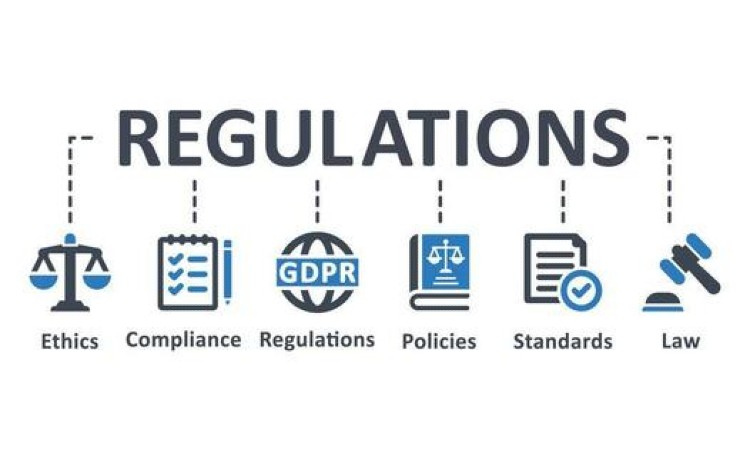Whilst the maze of financial and regulatory compliances inflicted on NGOs in the last decade have ‘cleaned up the sector’ to a large extent, smaller NGOs, that often lack the internal resources and wherewithal to navigate the myriad regulations, are at risk of floundering under the weight of complicated reporting and paperwork. Compliances and tighter restrictions surrounding CSR funds and FCRA may well be the nail in the coffin for many small, regional NGOs, but seek to guide NGOs in being more impactful with their work. ACF’s Richa Honavar, Head of Accounts & Compliance, speaks at length on the subject …
How has compliance changed for NGOs in recent years.
It is definitely challenging, even for large NGOs like ACF, because there are so many changes, and now with the current scenario, with increased monitoring by the government, it makes it very difficult for NGOs. New rules make reporting more centralised and transparent which ensures the funds are utilised completely for the given purpose and reaches the communities and beneficiaries – which is a good thing.
However, it’s challenging for NGOs because the level of reporting and compliance has increased which calls for more professionals who know the law and reporting culture thoroughly. In one way it is pushing NGOs to growing professionally as it is no longer restricted to program monitoring and reporting, NGOs also need to prove utilization which is backed by stronger finance, models and strategy. They need to ensure that all programs align with organisation goals as well as national and global SDGs. It brings healthy pressure on NGOs for doing their best in terms of program implementation and reporting and planning with the global goals.
But for smaller non-profits, who don’t have access to experienced professionals or the specific skills required to execute the extensive filing and reporting under various Acts applicable to Non- profits - in particular, those in rural locations may lack skills, resources and professional help. But even for growing NGOs or those with good administration and internal skills, reporting remains onerous and cumbersome. The Implementing NGO need to maintain the credibility and accountability so that the community and key stakeholders are being serviced. Years back, the focus was just on programs – but now it’s on how well the NGO is doing holistically! Are they filing returns? Are they compliant? Who is the Board? Governance plays an important role these days. If an NGO ticks all these boxes then it is considered to be a compliant organisation.
What does this mean for the sector as a whole?
My personal opinion is that over the years, reviewing and monitoring is being enforced rigorously by the Government as well as Donors. A few of the NGOs who weren’t compliant or inactive in reporting were debarred or restricted under FCRA, so in many ways it has been a good filter. However, many NGOs are doing good work and yet they might not have the support system required to meet all the current compliances. There should be some consideration for this lack of capacity, and ideally some support should be provided to them to fill in these ‘skills gaps’. The current mindset of funders really limits the amount of funding channelised into administrative costs, but this really inhibits an NGO’s ability to invest in the necessary skillsets it needs to increase their capacity in this area.
Whilst some schemes are in place, there is a lot of focus on program activity and if you see practically, a non-profit requires administrative support. Yet there is a real dearth of skills in the sector! Why aren’t many professionals joining? The pay is lower compared to opportunities in the corporate sector. So if program budget costs are at 80-90%, there should be provision and proportionate increase in other costs also. They should also understand there is an overall need for audits, compliances, and the necessary professional costs required to do necessary verifications.
Where do small NGOs go for help and resources?
Where do they reach out to get support? Internet has everything available, but there are seminars and webinars and associations like Centre for Advancement of Philanthropy who help other NGOs in strengthening their systems and processes, interpretation of applicable acts, registrations, filings, and the like. But that means you need to hire a consultant which is an additional cost to the NGOs.
How has the increased regulatory compliances impacted Ambuja Cement Foundation over the years?
Over the period of 30 years ACF has evolved significantly. Fortunately, we have a brilliant and supportive Board of Directors and senior management who give importance not only to programs, growth, sustainability but also the statutory compliance of the organisation.
We have been fortunate to have been supported by different departments of Ambuja Cements Ltd., to help strengthen our processes and systems. As we grow, we aim to set a benchmark for other non-profits - to be a leader in the sector not only in program implementation but also in the space of regulatory compliances and financial transparency.
We are cognizant that every year we need to keep adding and learning – we go through audits from donors and partners, following rules and regulations nd we learn and exchange a lot in this process. We try to understand where we stand and identify scope for improvement all the time. It truly is an evolving space, and to be at the forefront, we need to maintain a culture of learning and evolving so that we stay ahead of the curve.
For our work we were recently awarded by the prestigious by the Institute of Chartered Accountants of India (ICAI) for our 'Excellence in Financial Reporting' in the Non-Profit Sector.

Richa Honavar
Associate Director - Finance & Accounts







0 Comment